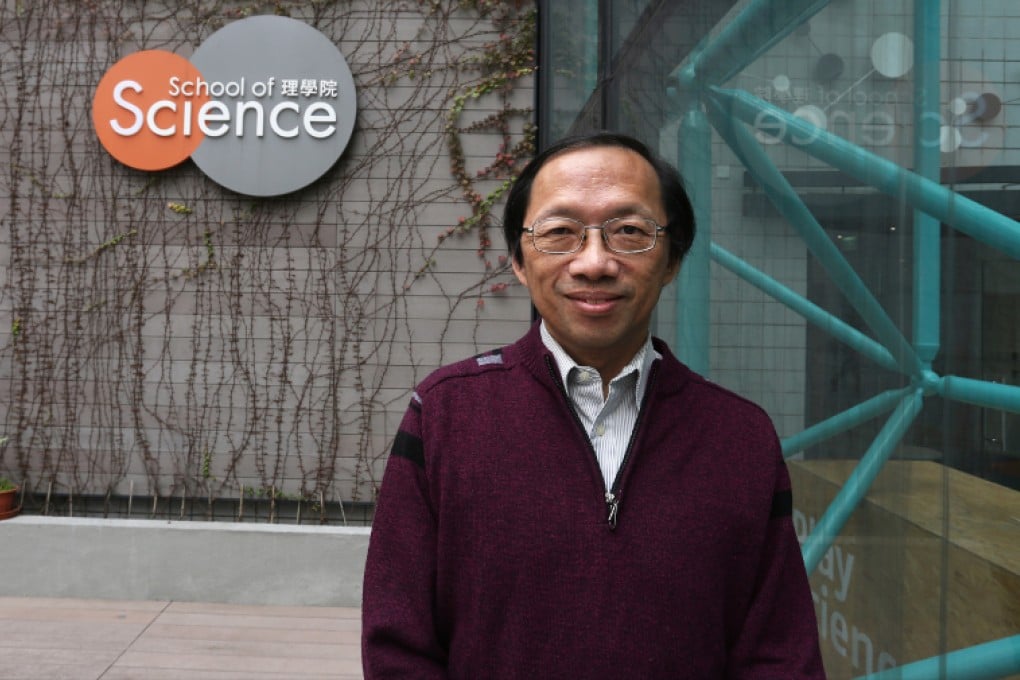The Asian Physics Olympiad is a thrilling start to a young scientist’s career
The Asian Physics Olympiad (APhO) will be held in Hong Kong for the first time this year, hosted by the Hong Kong University of Science and Technology (HKUST). Around 207 secondary school pupils from 27 Asian countries and regions will gather in Hong Kong May 1 to 9 to compete in the 17th edition of the event.

The Asian Physics Olympiad (APhO) will be held in Hong Kong for the first time this year, hosted by the Hong Kong University of Science and Technology (HKUST). Around 207 secondary school pupils from 27 Asian countries and regions will gather in Hong Kong May 1 to 9 to compete in the 17th edition of the event.
Founded in 2000 in Indonesia, the APhO is an annual competition devoted to Asian pre-university students whose interest in physics extends beyond the classroom. Modelled on the International Physics Olympiad (IPhO), which debuted in Warsaw, Poland, in 1967, the APhO demands a high level of intellectual capability from the contestants. Each participating country can send a delegation of up to eight pupils.
The event is supported by the Education Bureau, the Physical Society of Hong Kong, and the Hong Kong Academy for Gifted Education, with the aim of encouraging a competitive spirit in the territory. Michael Wong, Professor of Physics at HKUST, has been appointed the chairman of the competition’s organising committee.
“Last year, we were proud to see the Hong Kong team achieve the city's best results at the APhO. They returned home with three gold medals, one silver medal, two bronze medals, and two honorable mentions,” says Wong. “This year, we're excited as the the number of contestant has hit a record high for the APhO’s debut in Hong Kong.” One reason for the interest is that the deep research carried out by HKUST in the realm of physics has given it an international reputation, notes Wong.
Wong is looking forward to making a difference at this year’s event by instilling the participants with energy and enthusiasm for science.
The APhO’s mission is to promote physics education and encourage a spirit of communication and cooperation among learning communities in Asia, as well as to nurture and inspire teenagers with a talent for physics.
Past experience shows that the APhO can have a life-changing impact on students. Many participants had their minds sharpened and their confidence boosted by participating in the competition. It also helps them develop their potential after graduation.
